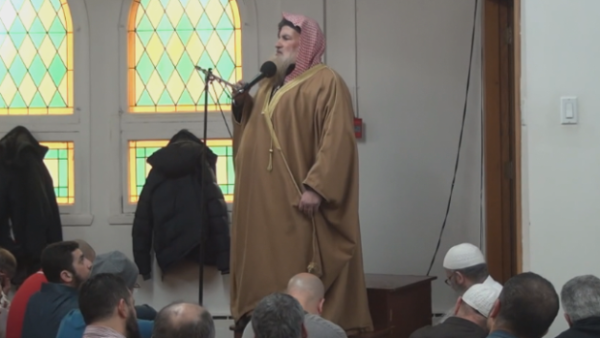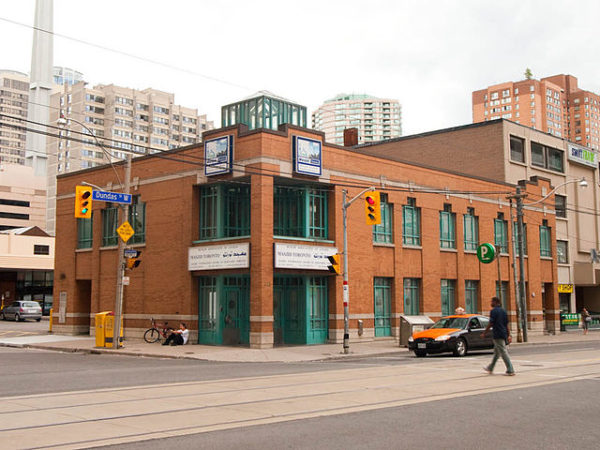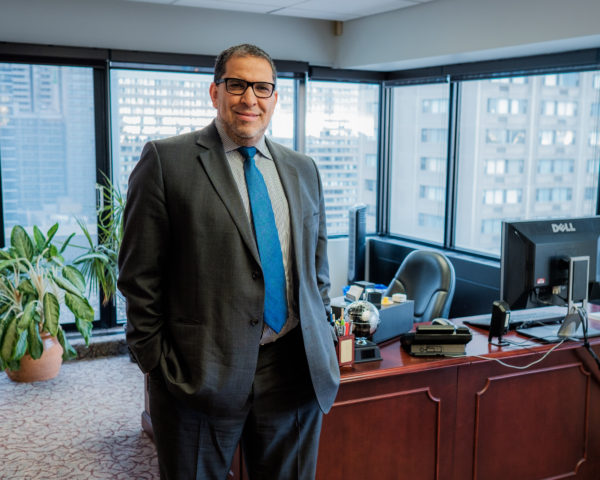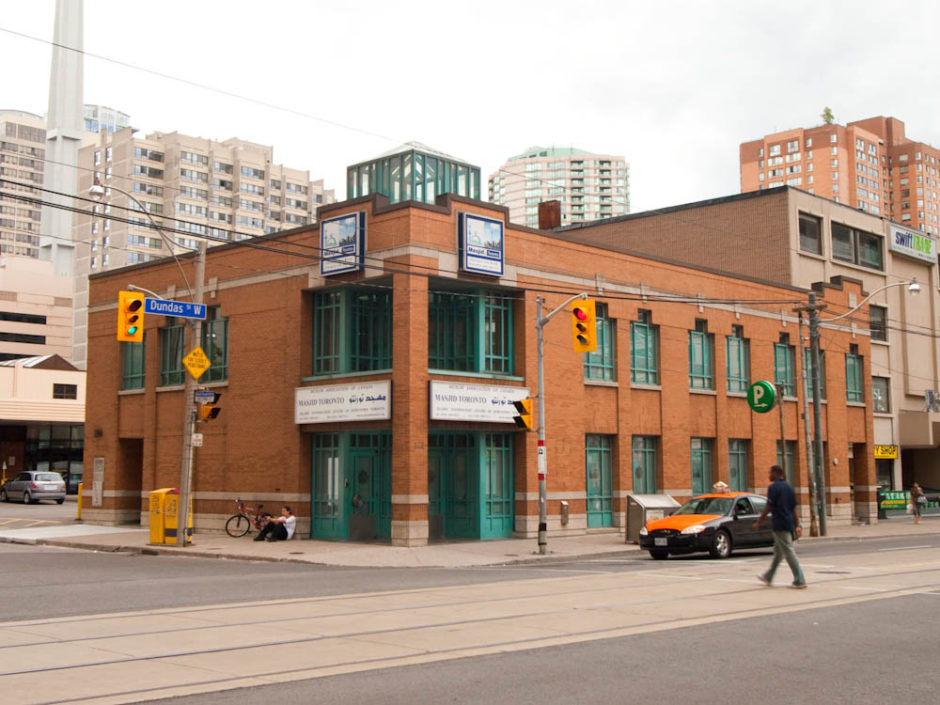There have been a flurry of reports in the Canadian media of late that mosques in Montreal and Toronto have been used as platforms to disseminate antisemitism. Muslim organizations have denounced the imams who’ve delivered these noxious sermons, but their denunciations will mean precious little if mosques continue to serve as venues of anti-Jewish diatribes.

The latest incident occurred three months ago at the Dar Al-Arqam mosque in Montreal’s Saint-Michel neighbourhood, but only came to light in the third week of March after a video surfaced on the mosque’s YouTube channel. Sheikh Muhammad bin Musa Al Nasr, a Jordanian cleric invited to speak at the mosque, told congregants, “O Muslim, O servant of Allah, O Muslim, O servant of Allah, there is a Jew behind me, come and kill him.”
B’nai Brith Canada filed a complaint with the police and chided the mosque for having allowed such hate speech. “This is inciting violence, and this is inciting radicalization, ” said Harvey Levine, B’nai Brith’s regional director in Quebec. “It’s against the law and has to be stopped.”
Levine pointed out this was the second complaint in just over a month B’nai Brith had filed with the police.

The previous incident in Montreal, reported in the media in February, took place at the Al Andalous Islamic Centre in 2014 when Sheikh Wael Al-Ghitawi spouted antisemitic conspiracy theories. Claiming that Jews were “the people who slayed the prophets, shed their blood and cursed the Lord, ” Al-Ghitawi prayed for Jews to be killed “one by one.”
In yet another incident, which unfolded at the Masjid mosque in Toronto in 2015 and was reported only last month, Ayman Elkasrawy — a teaching assistant at Ryerson University who doubles as a junior imam — called on worshippers to “purify the Al-Aqsa Mosque (in East Jerusalem) from the filth of the Jews.”

These accumulated incidents prompt concern that Muslim leaders are indifferent to the dissemination of antismitism in their mosques. At the very least, they’ve been lax in enforcing provisions of the Criminal Code prohibiting incitement. This is a matter they should address at the earliest opportunity. Mosques, of all places, cannot be forums where Jews come under verbal attack.
To its credit, the National Council of Canadian Muslims denounced Al-Ghitawi’s “incendiary speech,” while the president of the Muslim Council of Montreal, Salam Elmenyawi, urged the Dar Al-Arqam mosque to issue an apology.
Apologies are certainly in order, but the imposition of rules banning racism in mosque sermons would be far more appropriate and effective at this point.
Ryerson University has set a good example in this respect.
Responding to Ayman Elkasrawy’s malicious sermon, Ryerson’s president, Mohamed Lachemi — a Canadian of Algerian Muslim descent — acted resolutely. He ordered an examination of “this deplorable incident,” and when the data had been collected, he dismissed Elkasrawy.

Lachemi then explained his modus operandi: “We understand that something of this nature can impact the climate for our Jewish students and our Jewish community. We continue to be committed to broadening education and awareness of antisemitism and we remain actively engaged in addressing any antisemitism in our community.”
Lachemi was both decisive and thorough. Canadian Muslim leaders can learn much from Lachemi’s forthright approach.
